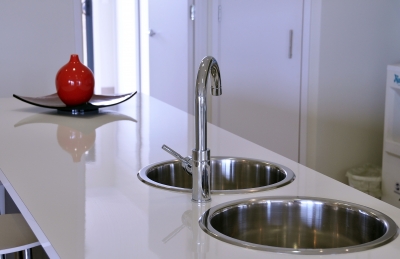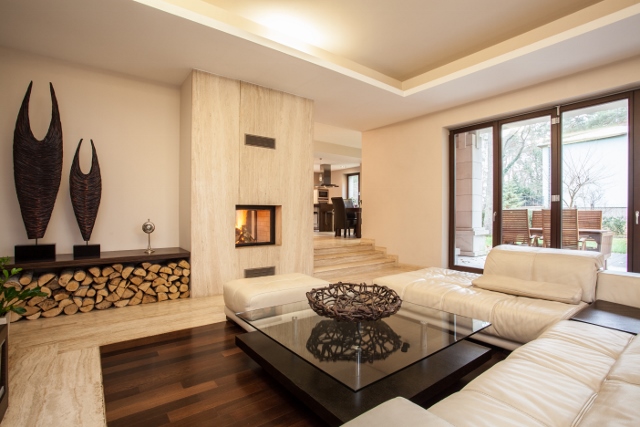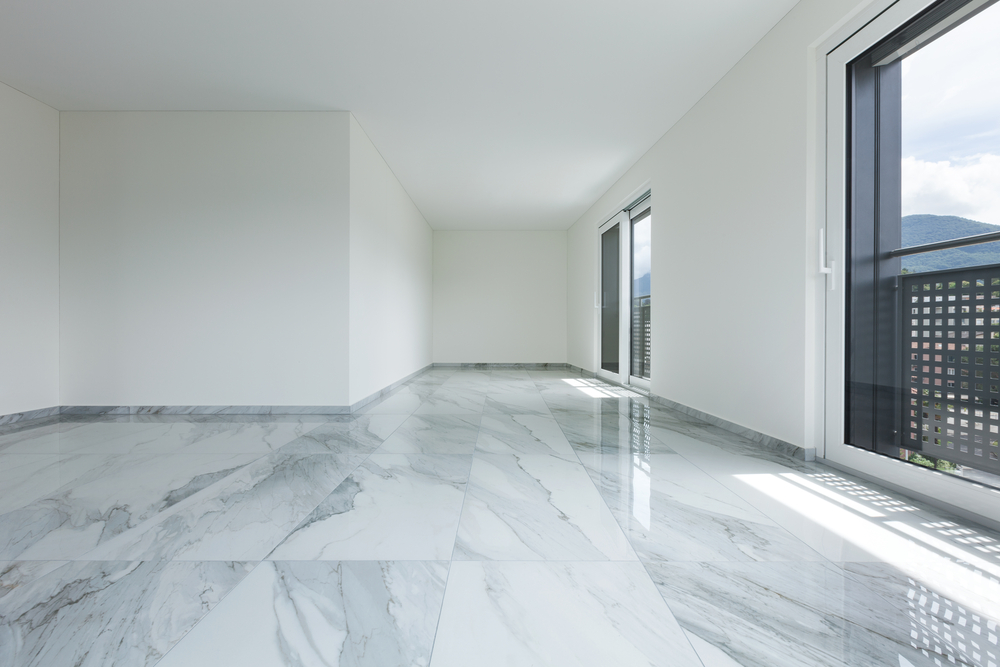
Selecting the Right Kitchen Countertop
Kitchen countertop innovations have made leaps and bounds over the last decade. Just walk into a home improvement store and see how many options you have! So how do you make the best choice to meet your needs? By making sure that you select the right natural stone material. While there are literally dozens of natural stone materials currently being used in kitchen countertops, here are the basics on the six most popular options. Use this guide to confidently select the right natural stone material and kitchen countertop for your family.
- Marble: Marble, as a timeless stone, is decidedly elegant and looks fabulous as a kitchen countertop. It’s lighter hues add light to any space, creating a welcoming feel. While marble countertops are frequently used in kitchens, especially in bakeries, it is known to chip more easily when compared with some other natural stone choices, so it typically requires more care and maintenance.
- Granite: Considered to be one of the most durable natural stone countertop materials, granite is a very popular choice for several reasons. First, granite countertops are heat resistant, and extremely hard to chip, crack, or break. Granite also comes in a wide variety of color choices, with something to fit nearly every style. A downside to granite, though, is that it is a naturally porous material that requires regular sealing and maintenance.
- Limestone: Limestone is becoming more popular for uses such as kitchen countertops, as it is a very durable material. Limestone is typically only offered in very light colors, making it resemble elegant marble. The porous nature of the stone makes it easy to stain, so some cleanup is required. Food prep directly on the countertop should be limited, as limestone is vulnerable to damage if it comes into contact with acidic substances.
- Quartz: If maintenance free is what you desire in a kitchen countertop, then quartz may be the best material to select. Natural quartz is both durable and tough, and is also non-porous, meaning it will not absorb liquids into the stone and stain easily. Cleaning is simple and there is no regular maintenance recommended. Quartz is also available in many color combinations.
- Slate: Slate countertops, while more limited in color choices than granite, are often known for their beautiful shades of black, gray, green, and even rich purple. Slate is also quite durable and will usually require less maintenance than some other natural stone choices. Slate is not an extremely hard material, though, so it is more susceptible to scratches.
- Soapstone: In recent years, soapstone has gained a lot of popularity as a natural stone material used in kitchen countertops. While soapstone does not have the wide array of color choices that granite or quartz offers, most shades are rather neutral and go well with various décor choices. Soapstone, which is largely made of talc, has a softness to it that other natural stone countertops do not, making it rather easy to sand out scratches and stains that damage the surface. Soapstone is not maintenance free, but only requires a regular rub down with mineral oil to maintain its beauty and shine.
You may also be interested in

Coordinating Different Flooring Options Throughout Your Home
Planning the remodel of your home is an exciting process that may even have you falling in love with two different flooring options. Luckily, the beauty of home design and remodeling is that you don’t have to choose just one style. There are many ways you can coordinate different flooring options throughout your…

How to Keep Your Marble Floors Clean
Marble is a natural stone that is king of its castle when it comes to style and opulence, but it requires your patience and effort in order to keep it looking pristine. When you use marble in high traffic areas you need to keep it in tip top shape, which means plenty of…